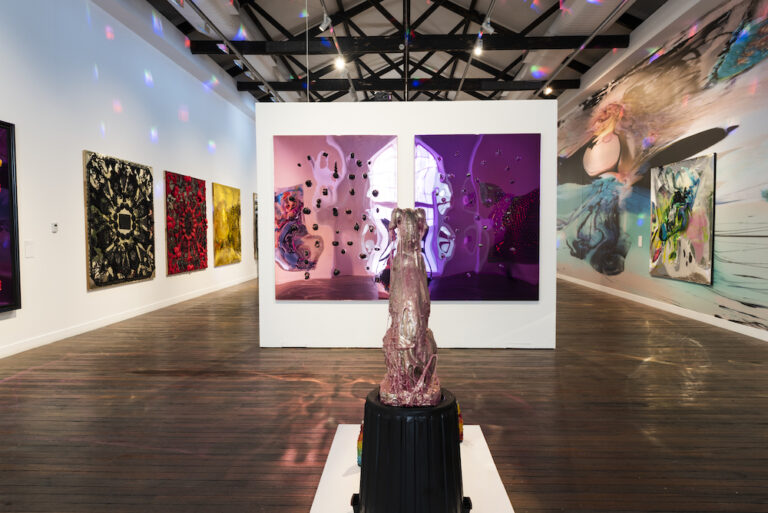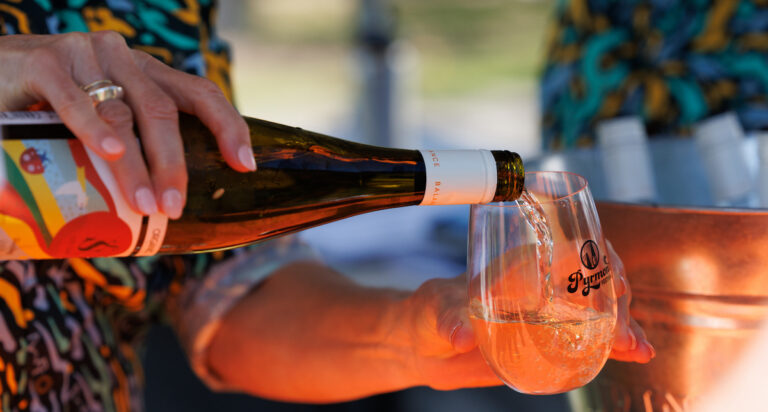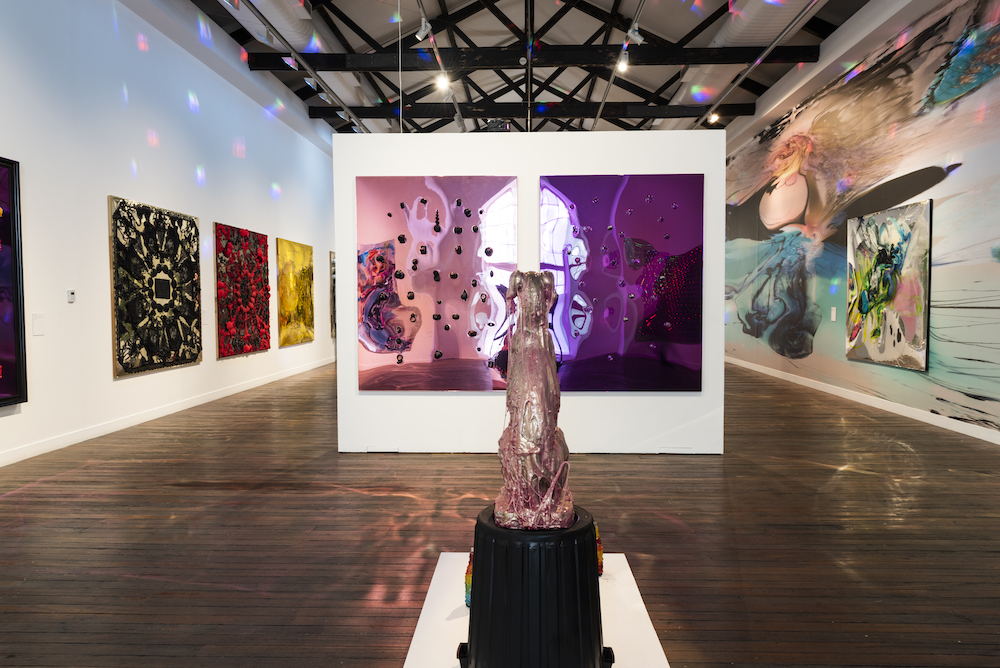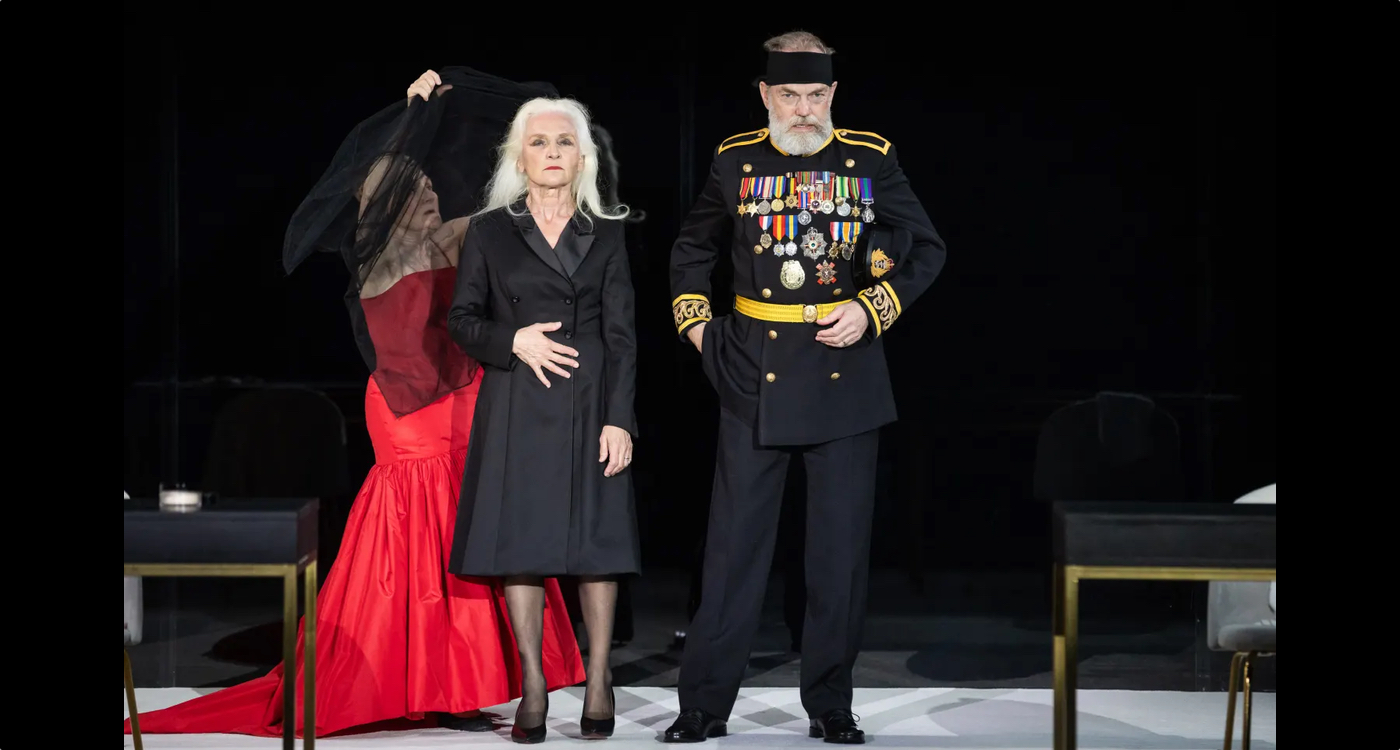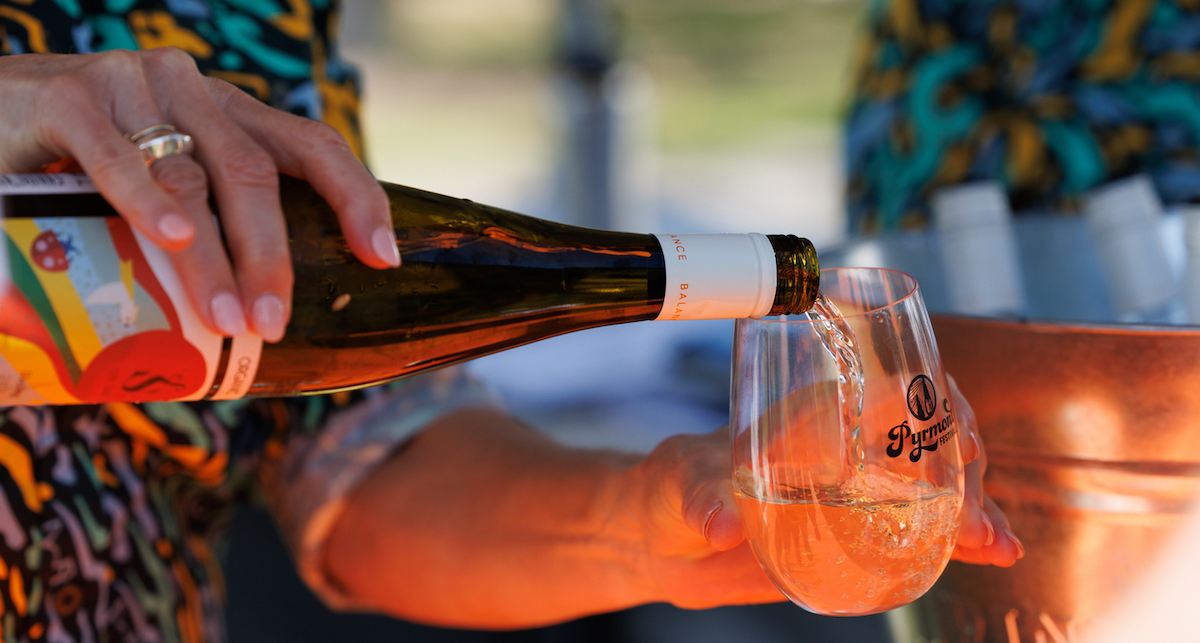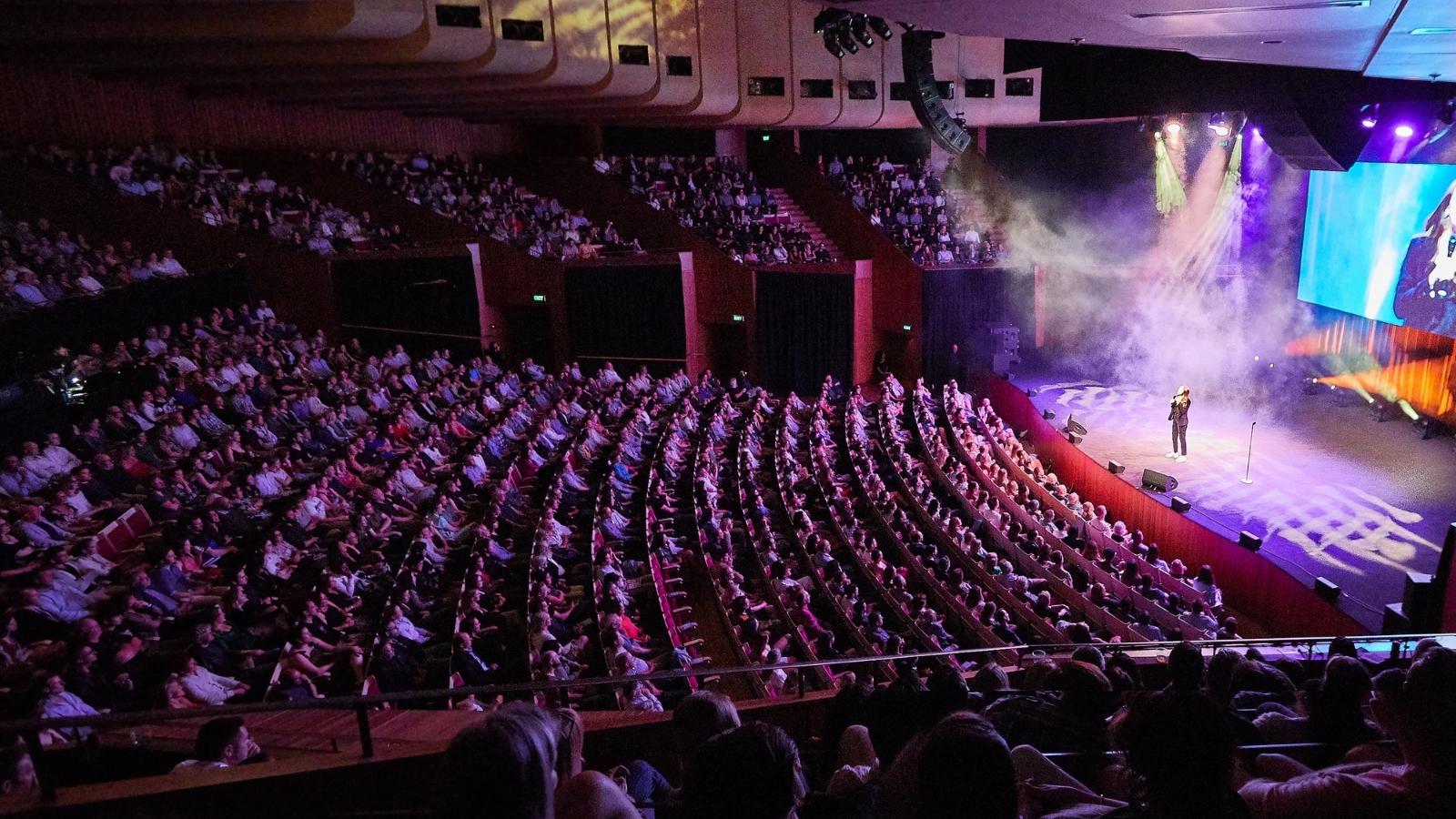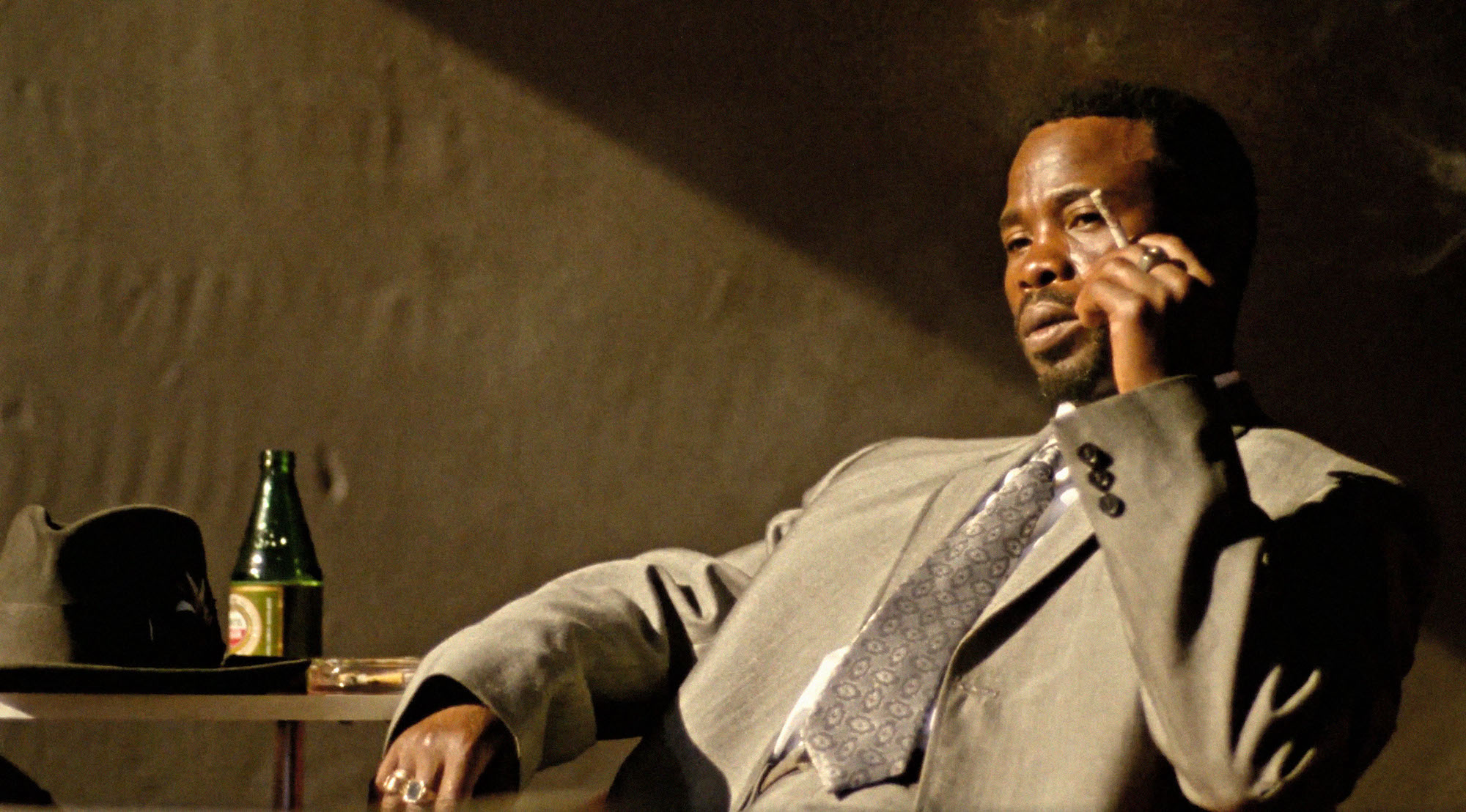
Story Fest 2016
BY RITA BRATOVICH
The ancient Greeks and Romans did it. Medieval troubadours did it. Psychedelic ’60’s beatniks did it. And thanks to a modern surge in interest, more people are doing it now than ever.
Reciting poetry is one of our most instinctive and enduring forms of entertainment. It is an art that is accessible to almost anyone – as listener or performer – the increasing popularity of slam poetry is testament to that. Miles Merrill, Creative Director and Founder of Word Travels introduced slam poetry to Australia in 1996 when he migrated to Sydney from slam poetry capital, Chicago, USA.
Merrill noticed the steadily increasing interest and participation in spoken word and in 2004, he created the Australian Poetry Slam – the first event of its kind in this country. The competition has since gone global, with entrants coming from China, Indonesia and New Zealand. Word Travels was set up to help facilitate the competition.
The Slam kept growing and four years ago, Merrill decided to incorporate the finals into a three day spoken word festival, hence Story Fest was born. This year’s event will feature 70 artists in 17 events held at locations across Sydney, including the Sydney Opera House, The Rocks and Walsh Bay.
Apart from the competition there are also film screenings, workshops, a poetry accompanied walk through the Botanical Gardens, and “Pin the tail on the station”, where three slam poets each takes a random train journey with a group of participants, performing poetry on the way and collecting artefacts at the destination to be used in a performance piece later.
“It’s gone into mainstream overdrive, which is a good thing”, says Merrill. However, having said that, he insists he doesn’t want the event to grow much more: “We’re pretty keen on remaining a small, boutique festival with 15 or 20 events over a weekend.”
Despite the name, the competition is not restricted to poetry. As long as it’s the writer’s own work it can be a poem, story, monologue or lyric. There is no set topic either, but themes do emerge organically.
“Every year it’s like a snapshot of the Australian psyche,” notes Merrill. “Last year there was a lot of focus on gender politics, a lot of focus on refugees.”
This year he sees indigenous language and Islamic poetry as key concepts, though there is still quite an assortment of styles and subject matter.
According to Merrill, “the range and diversity of the artists is what’s really amazing”. One entrant is a man from Coffs Harbour who was born in 1934; he may end up performing beside a 14-year-old Pakistani student from Wagga Wagga. Then there’s Tanya Evanson, a guest artist from Montreal who will be conducting workshops on whirling dervish and poetry.
Among the competitors is NSW Poetry Slam finalist Samantha Turnbull. She has made the finals in each of her three years competing. Although she is a successful children’s author, the poetry she performs is not appropriate for young ears.
“That’s probably why I got into slam poetry… I wrote these children’s books for children… but I had more to say that wasn’t for children,” said Turnbull.
Her poetry and children’s books do share the common theme of gender politics and in particular, “princess culture”. Turnbull believes performance poetry gives her an audible public voice:
“I’m a five-foot-nothing, average looking, working class mother from regional NSW who often doesn’t feel seen or heard… poetry slams were a way – albeit for two minutes – to command people’s attention and be seen and heard.”
A journalist and author already, she was lured to try spoken word after seeing a video online. She credits the Internet with the rapid uptake of spoken word performance: “I think social media has had a big role in taking slam poetry to the masses.”
By providing a glimpse into the slam poetry world, the internet has helped break down some myths and misconceptions about performance poetry. The diversity amongst artists and spectators represents the full demographic gamut. There’s no pretension or snobbery. “It’s more about the experience and the feeling you get,” explained Turnbull.
Eunice Andrada came to performance poetry at age 16 via The Rumble, a poetry slam and Young Performing Writers’ Program conducted by Word Travels and now part of Story Fest. She then won an online competition, which allowed her and a team of poets from the Pacific Islands to perform at the UN Summit on Climate Change.
“We were brought there to use poetry in a way that made a global topic such as climate change relatable to the public,” said Andrada.
For Andrada, poetry is a way of processing thoughts and feelings and then finding a way to express the results: “What happens when I write is that I respond to anything that I feel is bursting out of me, something that needs to be written for myself.”
She sees a distinction between written and spoken poetry: “What makes performance poetry so vital to me is the urgency that it communicates…you’re opening yourself up to vulnerability – that’s a connection that you don’t get with page poetry.”
Coming from an immigrant Philippino family, and still feeling displaced here, Andrada uses poetry as a personal and public tool for working through thoughts and feelings.
She acknowledges Story Fest for the opportunities it affords spoken word: “The best thing about Story Fest is its inclusivity. This event…is unique in that it makes poetry so visible in unexpected ways.”
So dust off your black skivvy and beret, and come be inspired by the modern day bard.
Oct 14–16, varied program. Tickets & info: www.wordtravels.info/story-fest

